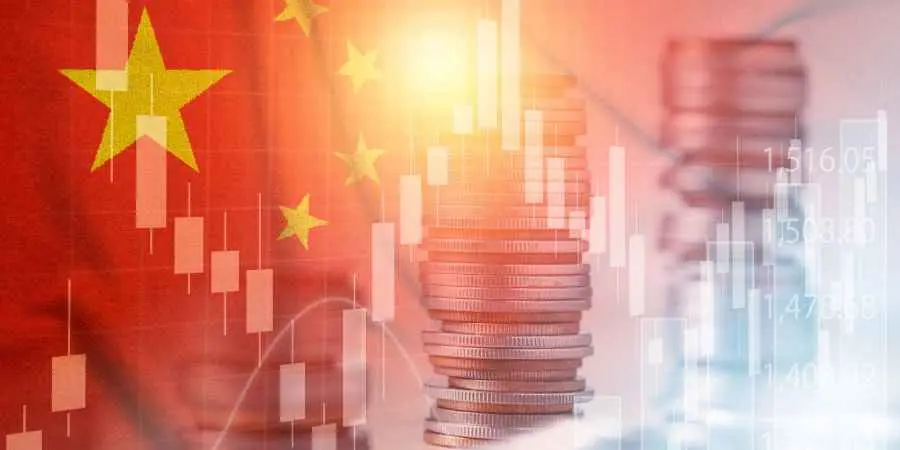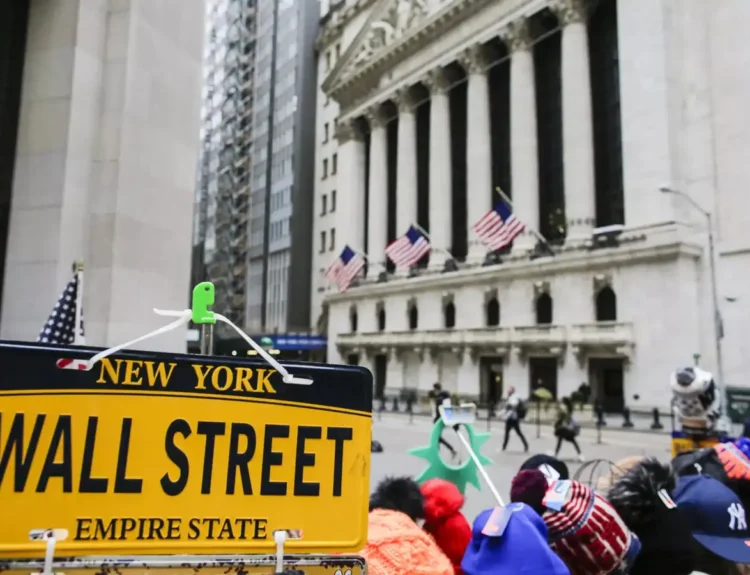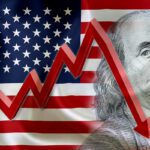Hong Kong’s Hang Seng Index has seen an 18% surge, marking its largest two-week gain in nearly two decades, after China introduced significant monetary measures to boost its economy. This comes after prolonged economic challenges exacerbated by the pandemic and slowing growth in mainland China.
Francis Lun, who runs a small brokerage in Hong Kong, notes that the stimulus has reignited activity in the financial markets, saying, “Before, we were just counting our fingers every day. But now, we’re getting calls. Things are picking up.”
Key Stimulus Measures:
- Interest rate cuts: To support the property sector, China slashed key interest rates, including mortgage rates, and reduced the minimum downpayment for second-time homebuyers.
- Monetary easing: The People’s Bank of China lowered the reserve requirements for banks, freeing up more funds for lending.
- Hang Seng Rally: The index’s 18% rally is the largest in almost 20 years, driven by investor optimism following these announcements.
Broader Economic Concerns:
- Consumer Confidence: Despite market gains, analysts like those at Nikko Asset Management stress that weak consumer confidence remains a major issue for sustained recovery.
- Fiscal Stimulus Anticipation: Economists expect further measures from Beijing, potentially involving large-scale fiscal spending to stimulate domestic consumption and infrastructure development.
Analysts continue to debate the long-term effects of these policies on the broader economy, with many calling for additional fiscal initiatives to address deeper structural issues.










